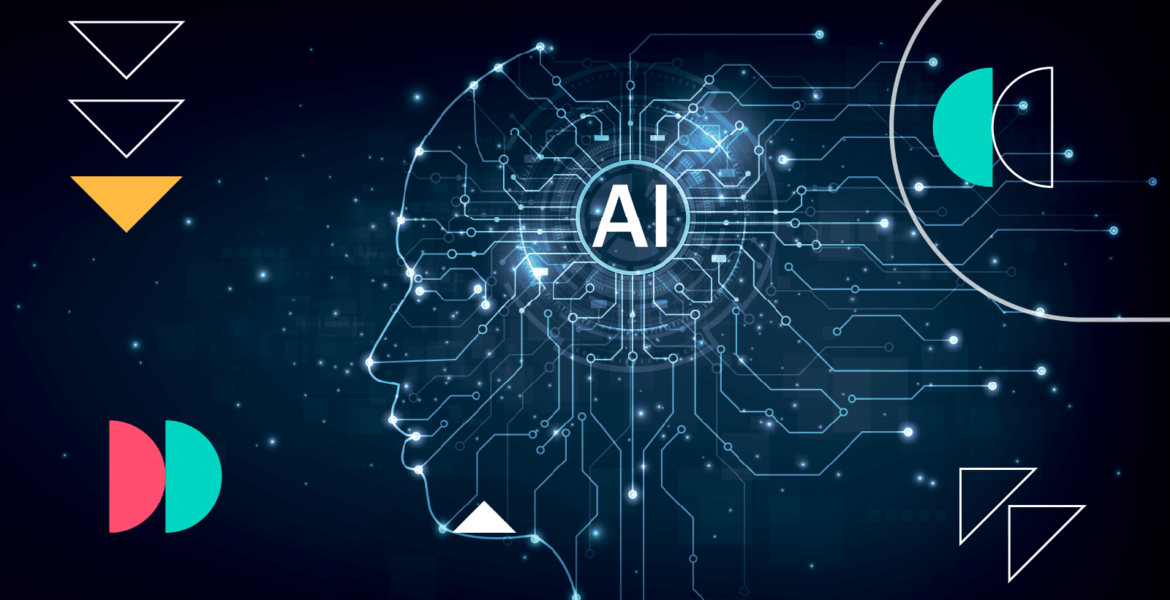By Zuwei Li, Associate at Supergood
Something profound shifts in the space between a notification and its silence. Today, we are not just witnessing a technological transformation, but reimagining a purposeful existence in the twenty-first century.
This cultural revolution won’t announce itself with manifestos. Instead, it reveals itself in the newfound stillness of a Tuesday afternoon, in the deliberate choice to not rush toward the next obligation, in the radical act of scheduling nothing at all. This generation encounters artificial intelligence as daily reality, and with it, the unprecedented opportunity to reconsider the very architecture of human experience.
For decades, we inherited the idea of equating work with exhaustion, value with time spent and visible effort. We fetishized the grind, wearing sleep deprivation as badges of honor while filling every calendar slot as proof of worthiness. But AI disrupts this equation beyond mere efficiency gains, shifting work’s narrative from input to output—from hours worked to value created.
Like how the internet ideally democratized access to information, AI will democratize access to free time and leisure itself. In this emerging paradigm, human value becomes measured not by temporal investment but by the quality of output delivered—the commercial and creative worth generated through refined judgment, cultivated taste, and experiential wisdom.
Consider the artist whose work commands millions not through multiplied effort, but through the alchemy of experience transformed into vision. Their value emerges from years of aesthetic cultivation, from developing an intuitive understanding of what resonates with human consciousness—capabilities that resist technological replication. This judgment, this refined taste, this capacity to recognize and create meaning cannot be copied by any algorithm; it can only be learned through patient exposure to life’s nuanced textures.
What emerges isn’t laziness, but sophisticated recalibration of meaningful engagement. When the majority of your work seems like a cog in a machine and an AI assistant can now reclaim workdays, we confront an uncomfortable truth: much of what we used to call “work” was elaborate performance, busy work masquerading as necessity.
Gen Z, having witnessed both economic recessions and ChatGPT’s emergence within a single decade, carries a unique perspective on this revelation. This dual awareness—of traditional promises’ fragility and technological augmentation’s tangible possibility—creates space for an existential question previous generations rarely entertained: if machines can handle routine tasks, why must human identity remain tethered to work focused on input?
The new luxury today is no longer material possession—it’s sovereignty over attention and time. The sleep economy’s projected growth to $585 billion by 2027 reflects more than market opportunity; it signals a fundamental shift in conceptualizing prosperity, from accumulating things to investing in restorative experience.
Brands intuiting this transformation craft experiences that prioritize depth over stimulation. Aesop transforms mundane skincare into contemplative ritual. Blue Bottle invites mindfulness into caffeine consumption. These aren’t merely marketing strategies—they’re philosophical statements about consciousness and human flourishing, where premium goods become synonymous with leisure experience.
This shift demands new frameworks for understanding human-technology relationships. Rather than designing products that accelerate consumption or manufacture artificial urgency, we glimpse the emergence of what might be called “cognitive sanctuaries”—an ecosystem deliberately architectured to honor human rhythms of contemplation and intentionality.
We stand at a threshold where technological capability intersects with philosophical possibility. The question isn’t whether we can automate routine tasks. We can. The question is whether we can reimagine prosperity itself, moving from an extractive model commodifying human attention to an expansive one cultivating human potential.
The emerging paradigm suggests a different relationship with both technology and consciousness. Rather than viewing AI as a tool for doing more, we might understand it as an opportunity for being more: more present, more intentional, more aligned with what genuinely matters. In this delicate negotiation between algorithmic precision and human intuition, we discover not replacement but collaboration, technology as an extension of our cognitive and emotional potential rather than its substitute.
Consumers will pay premiums to brands that successfully harness this understanding, those offering experiences that restore human consciousness and retrieve silence when the entire world fights for attention. The most profound innovations emerge not from technological capability alone, but from our capacity to integrate these capabilities with deeper existential questions about meaning, connection, and collective evolution.
The revolution unfolds not in transformation’s spectacle, but in the quiet spaces it creates for reflection, connection, and patient cultivation of what makes us most human. In choosing to embrace this possibility, we don’t diminish our humanity: we finally give it room to flourish.











